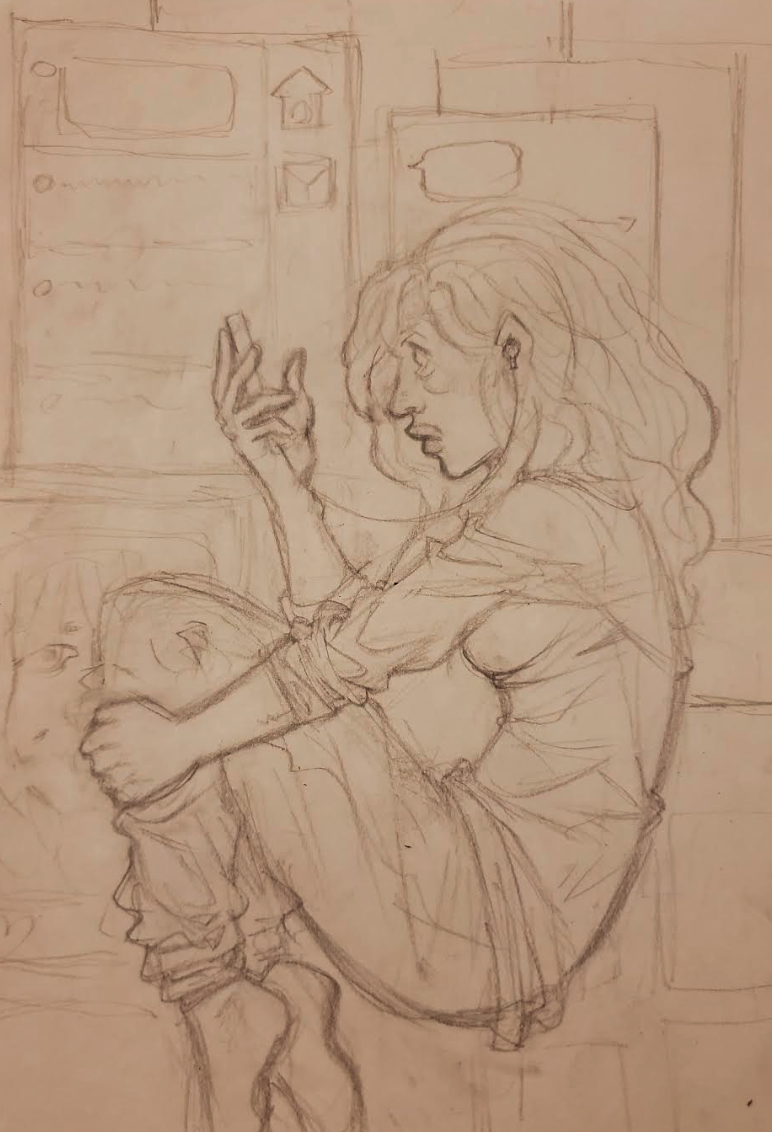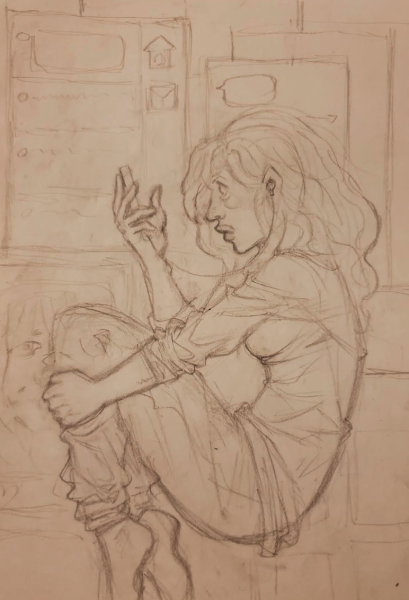The Game That Fights the Menstruation Taboo
November 5, 2014
Andrea Gonzales and Sophie Houser are two high school students who created Tampon Run, a game that is gaining in popularity not only for its classical gaming style but also the message that goes along with it. The game’s message is that menstruation, something that is completely normal for women and girls, is a taboo in conversation and not overtly talked about. Thereby, making women feel that menstruating is something they should be embarrassed about. The game emphasizes the strangeness of the fact that, as a society, we have accepted violent video games but “still find tampons and menstruation unspeakable,” as stated in the game.
They came to create the game through a non-profit organization called Girls Who Code. This organization fights to close the gender gap in the tech industry. The organization holds free seven week summer immersion classes in various cities, as well as clubs during the school year. Andrea Gonzales expressed the importance of closing the gender gap in the tech industry saying, “only about 20% of people who work in the tech industry are female, which is a huge issue! Women have a different perspective on the world than men–by bringing in more women, we’ll get better and more diverse products, and a better industry in general.”
Both girls also expressed the importance that more people, overall, should learn how to code. Ms. Gonzales said, “People don’t really know what computer programming is–they think it’s just 1s and 0s scrolling through the background matrix-style. This isn’t true at all! It’s a great medium for people to make so many great things and relatively easily.” Ms. Houser agreed adding that, “Coding can lead to innovation in any field, from fashion to medicine. We can use it to create fun apps or solve some of the world’s largest problems. Each person brings their unique perspective to the table, so it’s important to get as many people involved as possible.”
While they were there both at the camp, Ms. Gonzales said she “wanted to make a game on the hypersexualization of women in the video game industry, because that’s also a very legitimate issue. Sophie jumped on board because she liked the idea of using video games to create social change.” While they were coming up with ideas Ms. Houser jokingly said, ‘we could make a game where a girl throws tampons. We immediately realized we had to make the game.”
Ms. Houser said they were influenced by the fact that “Both Andy and I had experienced the taboo first hand. We also did more research on it and realized that it was a much broader and more serious issue in other parts of the world. We were frustrated that the taboo teaches women that a normal and natural bodily function is shameful, and we thought a game was the perfect place to combat it.”
The stigma that is placed on women and girls that their periods are not appropriate to talk about comes from what Andrea Gonzales says is “what society enforces as the ‘ideal’ body type, and in what our body naturally does (like menstruation). Society seems to objectify women’s bodies and focus on how to make women feel ashamed of the bodies they have.”
Sophie Houser added, “As a society we perpetuate a certain female body type as ‘perfect’ through movies, TV, and magazines. Just as with the menstrual taboo, it teaches women that something normal and natural, like their body type, is something to feel shame about.” These ideas were all strong influences for them while creating the game.
They then began to develop their game. When you play the game, you’re a girl walking down a dark street and as people approach you, you can either throw a tampon at them and they disappear, or try to jump over them. However, once you run out of tampons and if the people get to you, you lose the game, though there are random tampon refills that you can jump to collect as you continue to play.
MBHS senior Julia Jacobson expressed similar feelings saying that “going to the drugstore to buy tampons and waiting in line at the register and feeling uncomfortable with the box in your hand is a horrible and incredibly unnecessary feeling. Everyone knows that it literally happens to every other woman,” and that “everyone should come to a consensus that it is completely normal and people should not feel so ashamed to talk about it.”
Overall, their hope is “that one day discussing menstruation openly becomes as accepted as discussing the newest first person shooter game.”


















